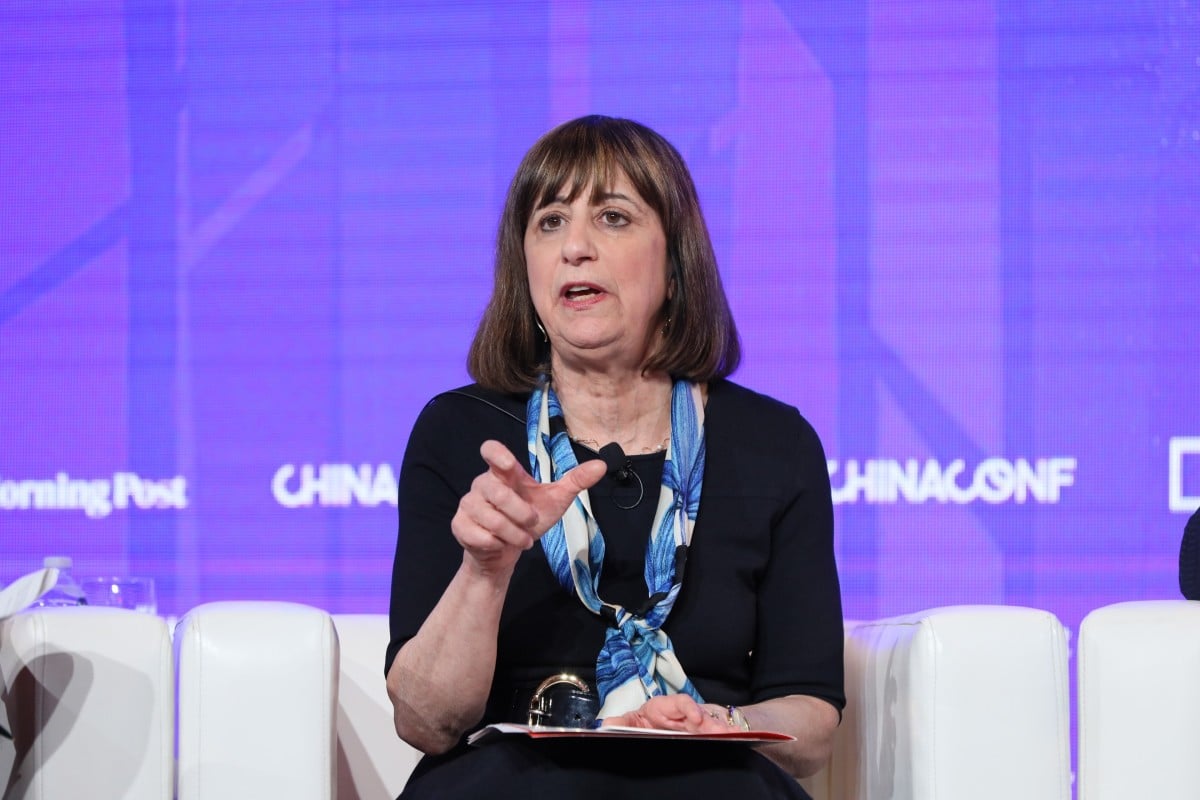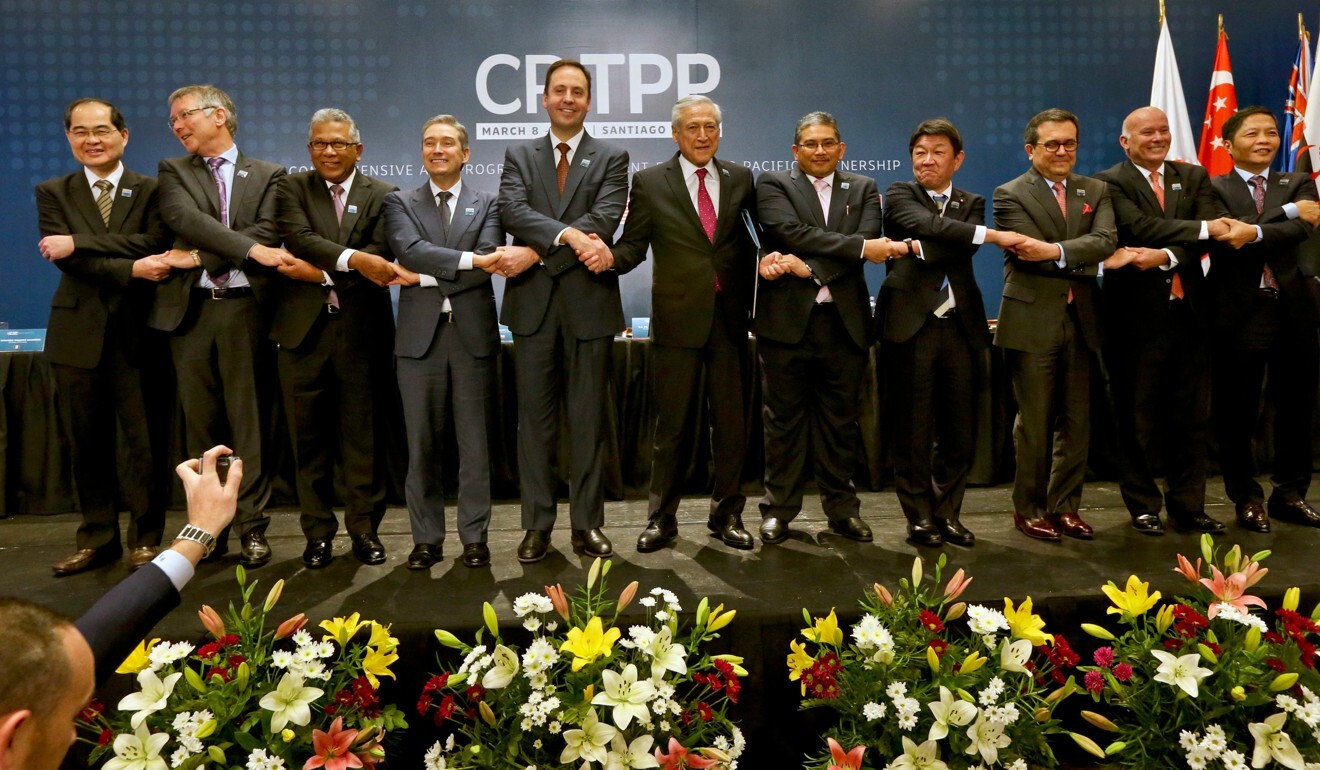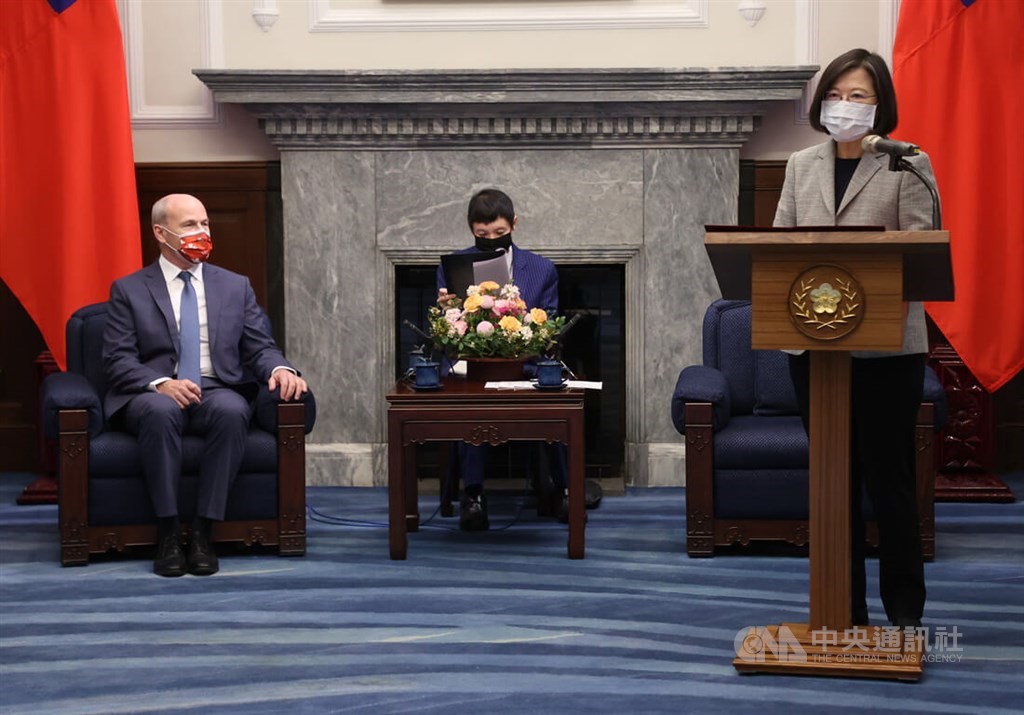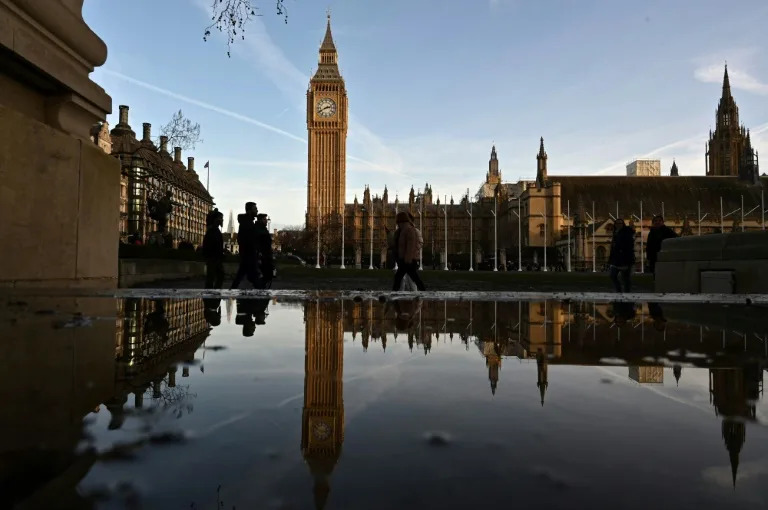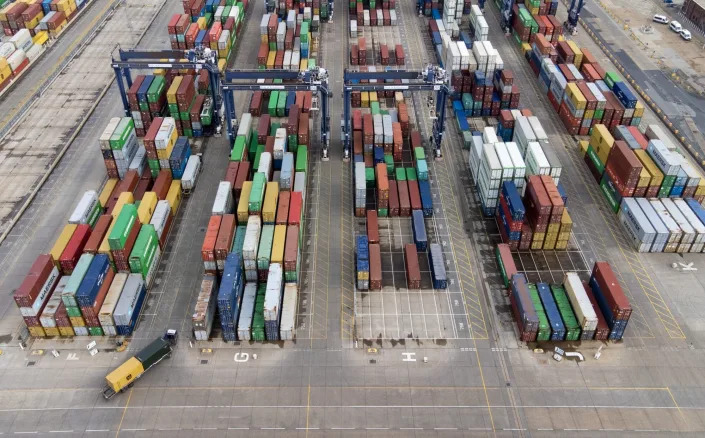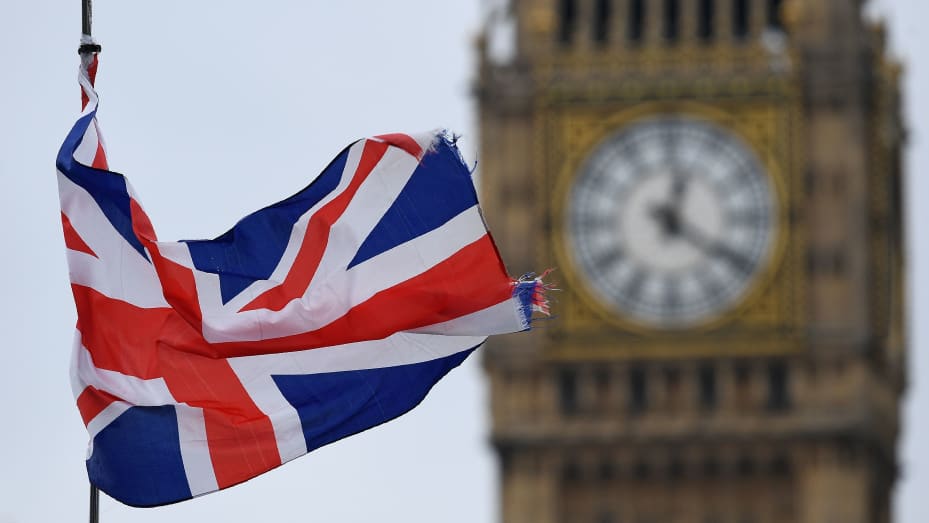A 12-nation Indo-Pacific club could serve as a platform for teaming up.

CPTPP members Japan and Australia are negotiating trade deals with Donald Trump to get out from under his punishing tariffs. | Pool photo by Jim Lo Scalzo via EFE/EPA
By Graham Lanktree and Jakob Weizman
BRUSSELS — U.S. President Donald Trump has two gigantic trade blocs in Europe and the Pacific now eyeing each other and considering a previously far-fetched idea.
It’s a plan leaders in Brussels and the 12-nation Indo-Pacific club have been turning over in their minds since Trump’s April 2 “Liberation Day” tariffs. As Trump’s trade war smashes the economic order globalization built into little bits: Why not band together?
Nations are lining up to join the likes of Japan, the U.K., Canada, Singapore, Vietnam, New Zealand, Australia and others in the difficult-to-pronounce economic alliance known as the Comprehensive and Progressive Agreement for Trans-Pacific Partnership — CPTPP.
Trump exited Barack Obama’s negotiations to found the Indo-Pacific bloc to counter China in one of his first moves after his first inauguration in 2017. But as the president’s full-blown trade war hits America’s allies today, the 27-nation EU is now looking to diversify its trading relationships.
EU chief executive Ursula von der Leyen is increasingly thinking that turning to CPTPP, ratified in 2018, might be the best plan B as Trump fragments the rules-based trade order. Yet while high-level political discussions between the two blocs are already underway, meaningful action will be slower in coming, EU officials and CPTPP diplomats tell POLITICO.
During his trip to Singapore last week, von der Leyen’s chief trade negotiator Maroš Šefčovič sought to push forward discussions about “enhanced cooperation” between the EU and the bloc.
Singapore’s Prime Minister Lawrence Wong pitched von der Leyen on the idea in a mid-April call. The two “discussed the potential for closer cooperation between the European Union and the … CPTPP,” according to an EU readout. Von der Leyen wrote afterward that she was keen on “exploring closer trade cooperation with the wider region.”
In the wake of Trump’s “reciprocal” tariffs and the 90-day pause he put on them last month, Christopher Luxon, prime minister of CPTPP member New Zealand, urged von der Leyen in a phone call for a joint response from the two blocs in the face of the U.S. trade war. The EU president “expressed her interest in exploring this further.”
Linking arms
Luxon argued in a major speech the same day that the bloc’s 12 members need to link arms with the EU to counter Trump.
“My vision is that includes action to prevent restrictions on exports and efforts to ensure any retaliation is consistent with existing rules,” Luxon set out. The two blocs, he said, could “work together to champion rules-based trade and make specific commitments on how that support plays out in practice.”
“Collective action, and a collective commitment, by a large portion of the global economy,” he said, “would be a significant step toward preserving free-trade flows and protecting supply chains.”
Luxon spoke to CPTPP leaders the same day about working with the EU to counter Trump. Auckland serves as the Indo-Pacific bloc’s depository, handling all applications to join, convening members and sharing information.

A week later, New Zealand’s prime minister traveled nearly 25 hours from Wellington to London to sit down with British Prime Minister Keir Starmer in No. 10 and rally the newest member of the bloc, which joined last December, to support the idea of working more closely with the EU.
“I want us to maximize the benefits of CPTPP by bringing more powerhouse economies into the fold,” Starmer’s Trade Secretary Jonathan Reynolds told Luxon at an invite-only Whitehall reception a few blocks from Downing Street later that evening.
“I know, prime minister, you’ve had yourself very productive discussions with the EU President Ursula von der Leyen, on how both the EU and CPTPP can continue to work closely together on that,” Reynolds said. “We very much welcome proposals that compliment our ambition to strengthen our alliance with the EU with a more mature, more levelheaded relationship that we’re pursuing with our nearest neighbors.”
What would we actually do?
Yet talks between the EU and CPTPP are mostly political signaling at the moment, said an EU official. The EU hopes to revive bilateral trade talks with Australia’s new government after Anthony Albanese won a second-term victory early this month.
Australia is chairing the CPTPP bloc this year and the EU sees it as a chance to float a more concrete engagement, the EU official said. It’s not about the EU joining the Indo-Pacific group, but creating a roadmap for closer cooperation around trade barriers and the future of the World Trade Organization and its rules, they added.
“What would we actually do together? It’s not quite clear. That hasn’t been established yet,” said a diplomat from a CPTPP member nation, pointing to the high-level political back and forth. “Maybe there could be some discussion on lowering technical barriers to trade?”
This idea is “still very early,” they said, adding that for the two blocs to work together “would take time.”
Insulating their members from the inflation and supply chain disruption linked to Trump’s tornado of tariffs is an “attractive” idea, said Charlie Humphreys, director of corporate affairs at Asia House. He pointed to the potential for the blocs to collaborate on trade in services and digital economy frameworks as an area ripe to “help reduce [trade] friction.”
The U.S. global trade war has “become increasingly concerning for international companies and their host nations,” Humphreys said. CPTPP members are well-positioned to use the bloc to insulate themselves, he argued at an Asia House event in March.
Working more closely with the EU “may further increase the incentives to join” CPTPP, he said, spurring new applications “which could strengthen CPTPP’s influence as international trade rules come under pressure.”
According to Alicia García-Herrero, chief economist for Asia Pacific at investment bank Natixis, “the power of the CPTPP is to show the world that Europe is looking east, that is, looking to the Indo-Pacific. And that is a signal you cannot make with single deals,” highlighting that joining the bloc would save the EU more time to focus on larger deals such as with India.
It would be the quickest and easiest way for the EU to access Asia, according to García-Herrero. However, she believes Brussels is determined to go its own way, arguing that the bloc doesn’t “just replicate existing deals” like the CPTPP.

Luxon has faced resistance from within his administration over the CPTPP-EU tie-up. It is "very premature" to talk about the idea, Kiwi coalition government Foreign Minister Winston Peters said after the prime minister championed the plan ahead of his London trip.
The U.K. has negotiated a trade deal with Trump to get out from under his punishing tariffs, and Japan and Australia would like to do the same. They are likely to shy away from publicly backing proposals that could draw his ire, said Crawford Falconer, Britain’s top trade negotiator until the start of this year and architect of the U.K.’s 2021 bid to begin accession to the bloc.
It would be “too easy” for Trump “to interpret something that is kind of strategic and longer term as being a hostile act or as an alternative to dealing with the U.S.,” Falconer said
“The house is on fire and I think we’ve got to attend to the house on fire before we start having a look at how we can improve the fencing,” the former senior U.K. official explained, pointing to the U.S. administration’s impact on global trade.
“That doesn’t mean that it isn’t a conversation to get started,” Falconer said.
Camille Gijs contributed to this report. This story has been updated.



